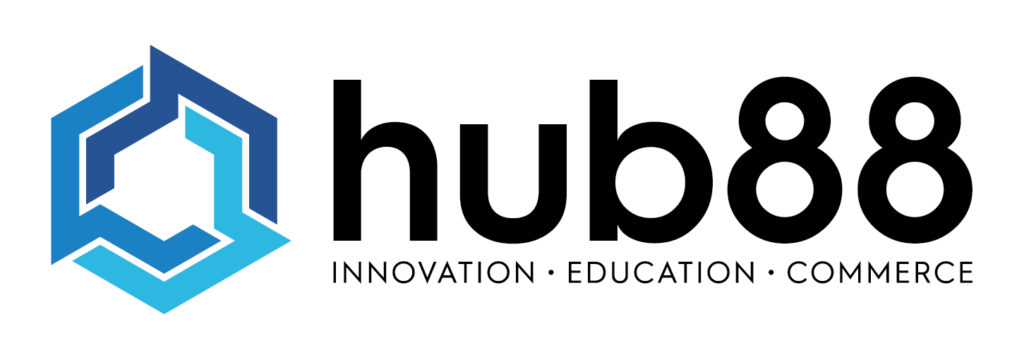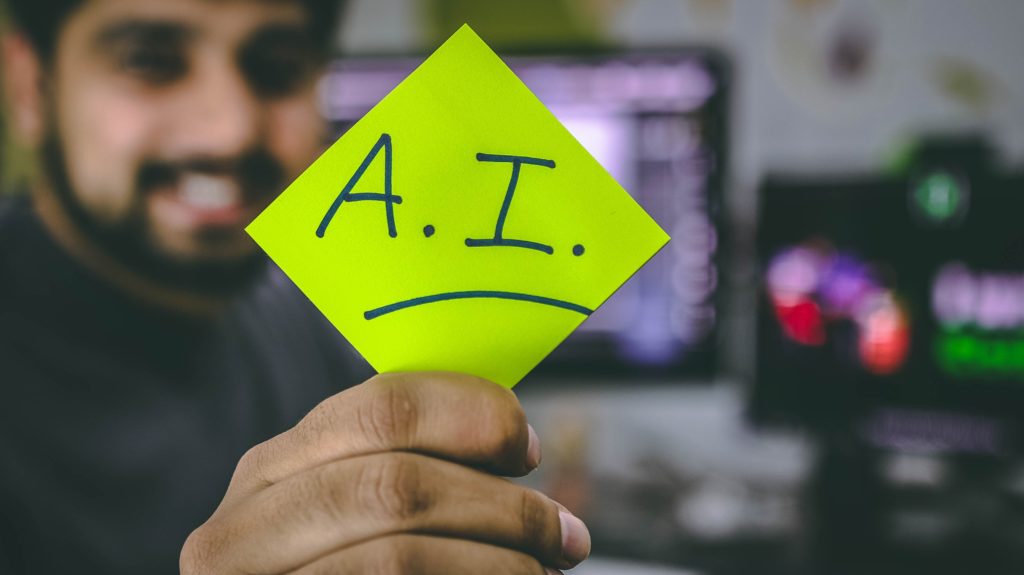| Event Start Date: August 30, 2025 | Event End Date: August 30, 2025 | Event Venue: |
In Jon Klassen’s book “I Want My Hat Back,” a bear loses his hat. He eventually finds it on the head of a rabbit. He gets it back, but wait, what happened to the rabbit?
The group will be reading through the book as part of the presentation but if you want a head start click here.
Most readers can connect the dots and understand that the bear ate the rabbit, but could AI tell us what happened? That question became known as the “Bear Eats a Rabbit (BEAR) test”.
Our moderator, Casey Hudetz, spent the last year researching and interviewing AI experts to understand whether it was possible for a computer to figure out what happened to the rabbit. This question also sparked heated debates online with
some even trying to pass the BEAR test themselves.
This panel will be a continuation of this years-long investigation. Together, we will explore the power and limitations of AI through the lens of The BEAR Test.
Takeaways:
- Is it possible for current AI systems to understand the ending of the children’s book “I Want My Hat Back” by Jon Klassen?
- If the question cannot be answered, how soon would it be possible?
- When the question can be answered, what would be the implications for AI?
capabilities more generally?
Presented by


Register Below
Featuring

Moderator- Casey Hudetz is a product designer, speaker, teacher, and award-winning filmmaker living in Chicago.
Ever since Casey received his master’s degree in Human-Computer Interaction he has been designing digital products and services with a focus on emerging technologies (Voice, AR, AI, and more). He is currently a Senior Product Designer at DocuSign.
Casey has spoken around the country on topics ranging from speculative design, AI, the history of damaged art and more. In 2019 he spoke at SXSW and his talk “Black Mirror and the Power of Speculative Design” was named a highlight of the festival and Adobe named his 2022 panel “A New Turing Test. Can AI Find a Missing Rabbit?” one of their festival highlights.
For the first decade of his career, Casey traveled the globe in a variety of roles. His worldview was expanded by leading adventure trips in Central America, overseeing a communications team aboard a ship, volunteering as a beekeeper in Paraguay,
producing marketing materials in South America & Australia, farming in New Zealand, Italy, and more.
In his spare time, you can find him biking around the city with his family, working on short films, coordinating design events, and looking for ways to get back out into the world.

Panelist- Alex Castrounis is the founder and CEO of Why of AI, an AI management consulting and training firm, as well as the author of AI for People and Business. He is also an adjunct for Northwestern University’s Kellogg/McCormick MBAi program, where he created and teaches the program’s core AI and machine learning course. Alex has spent the last two decades advising businesses of all sizes, from startups to Fortune 100s, on how to use data, analytics, and technology to drive business and customer success.

Panelist – Pamela Pavliscak is an Adjunct Professor in the Pratt IXD program where she teaches emotional design, practical ethnography for UX, and speculative design. She’s worked with Google, Twitch, Virgin, IKEA, the International Olympics Committee, and NBC Universal as the founder of the emotional design firm, Subjective Labs. As an active participant in the tech community, she’s advised several mental health startups, collaborated on game design for a social-emotional learning app, served as a tech advisor for an upcoming Netflix show, and helped developed IEEE’s global standard P7014 for empathic technology.
Pamela has spoken at conferences around the world, including SXSW and TEDx, about the entanglement of our digital life with our emotional one. She’s regularly tapped for her expertise in emotional technology, including interviews and op-eds in The LA Times, NPR, CBC, Quartz, and Engadget. She wrote the book Emotionally Intelligent Design (O’Reilly, 2018) for practitioners and is currently working on a book for a wider audience #FEELS: How Technology is Changing Our Emotional Life for the Better.
She lives in the Hudson Valley with her programmer husband, 3 teenage daughters, and lots of pets. Current obsessions are climate emotions, no-code GPT-3 generators, modern-day ruins, and wildflowers.

